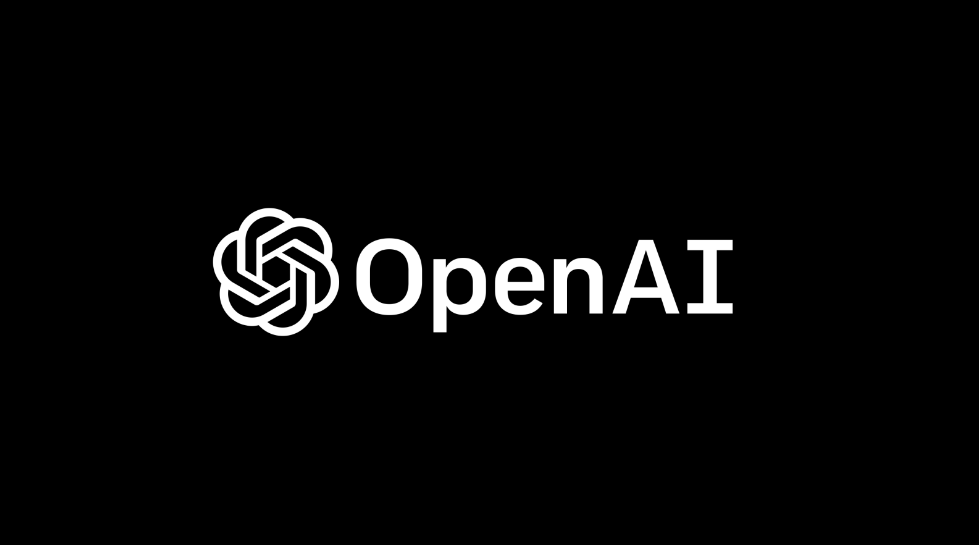recently,OpenAIof the nonprofit sector in itsup to date's U.S. tax filing raised eyebrows when it disclosed that it earned just $44,485 in net income last year. Despite its profitable operations, particularlyChatGPT, potentially generating millions of dollars in revenue for the company, the gap is striking.
Founded in 2015, OpenAI was initially a non-profit organization dedicated to developing artificial intelligence for human well-being. However, in 2019, the company launched a for-profit division led by CEO Sam Altman and began developing commercial products. The move sparked some questions about whether the organization's employees were more concerned with making money than building safe AI.

existup to date's tax filing, the nonprofit division was recognized as a technical exception to the exemption from income taxes and filing of audited financial statements in 2022 because its net income fell short of the $2 million limit that triggers additional reporting requirements. The for-profit division, meanwhile, could be valued at as much as $90 billion, raising concerns about the company's unique structure.
Notably, Microsoft earlier invested $10 billion in a 49% stake in the company. Despite emphasizing in the investment statement that it is still governed by the not-for-profit sector, this has triggered more scrutiny of the relationship with Microsoft, including investigations by the UK's Competition and Markets Authority and the US Federal Trade Commission.
Despite being run by the nonprofit sector, private investors have committed billions of dollars to OpenAI. Unlike other tech companies led by nonprofits, such as Mozilla, maker of the Firefox browser, OpenAI has embraced the skepticism of venture capital.In remarks shared with CNBC, Mark Surman, president of the Mozilla Foundation, criticized OpenAI's corporate structure and said, "I don't think at this point that This is a regulatory failure issue. I think it's a public trust issue. If they want to be seen as this public institution that's making sure that AI works for humanity, we need more transparency and we need to know what's going on."
As for the exact revenue of OpenAI's profitable business, it's unclear, although it reportedly reached $28 million last year. With itsup to dateThe release of the large-scale language model GPT-4, which the company could grow rapidly in 2023, has provided its ChatGPTStrongestLarge versions are supported and sold to subscribers and businesses. The company's organizational structure and relationship with Microsoft have also been investigated by trade regulators, with the U.K.'s Competition and Markets Authority and the U.S. Federal Trade Commission saying they are looking into whether OpenAI's partnership with Microsoft counts as a merger and violates antitrust laws.